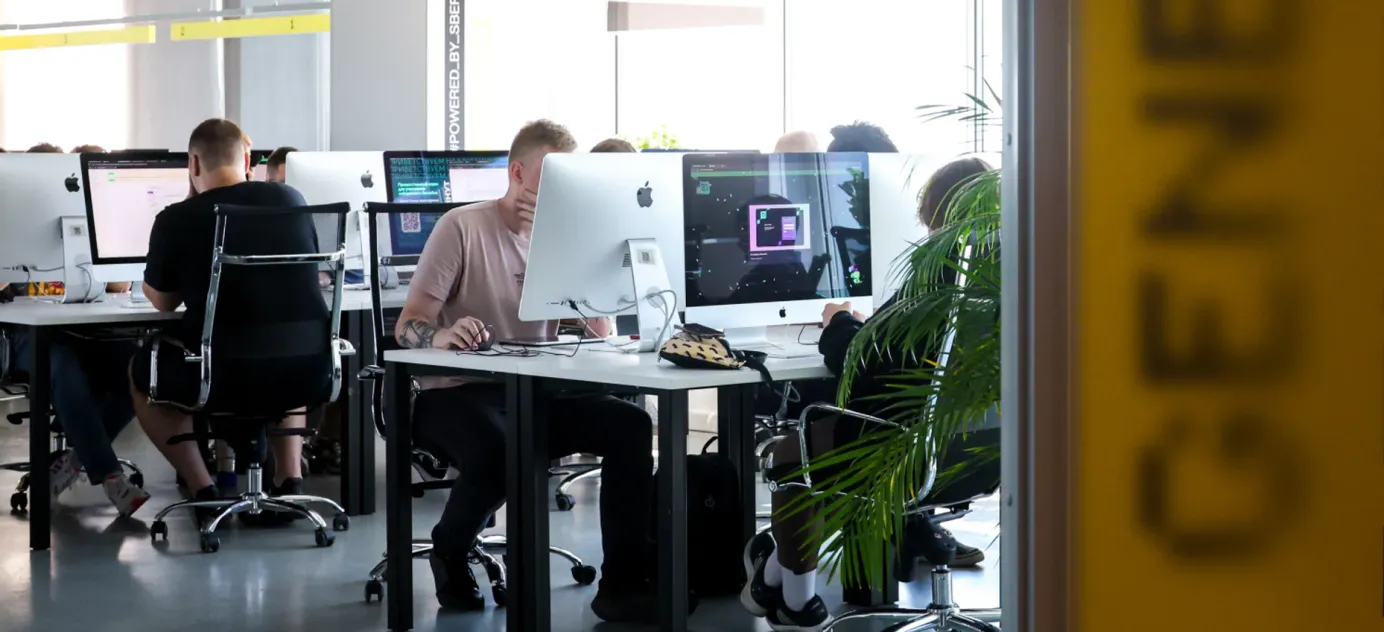
Yandex: the end of independence
For the past 25 years, Yandex, arguably Russia’s most innovative company, has struggled to preserve its independence from the Kremlin. The announcement of a planned $5.2-billion deal to sell the company’s Russian businesses to a consortium of investors brought an end to that era, raising questions over not only who will be the company’s true owners, but the future of the company itself.
- The story of Yandex is an analogy for Russian business during the Putin era. Back in the late 1990s the company was one of the most attractive investment prospects for international investors, at a time when the Russian market was opening up to the world. At one point, Google’s founders tried to buy the company — but Yandex was set on competing against the Western tech giants, not being swallowed up. By 2008, its increasing dominance, influence and plans for an IPO in the United States had spooked the Kremlin. Sberbank was put among the company’s corporate structure to act as the state’s eyes and ears, formerly given the right to block any major change in ownership.
- A decade later and the Kremlin, trying to exert more oversight over the Russian internet, wanted more oversight. It created a new corporate body that could veto major transactions, company deals said to threaten national security or those that involved the personal data of Russian users.
- That uneasy compromise held for just a few years, until founder Arkady Volozh decided he wanted out after the Russian invasion of Ukraine.
- The bulk of Yandex will go to a consortium of senior managers and four financial investors: venture investor Alexander Chachava, a Lukoil subsidiary, Infinitum CEO Pavel Prass, and independent investor Alexander Ryazanov. None of those names, with the exception of Lukoil, were among the many being touted by sources to The Bell and other outlets in the past year of negotiations.
- Yandex said that there will be a one-year lock-up period, during which time the identified buyers cannot dispose of their assets. However, the purchase of Yandex will be carried out via a closed mutual investment fund, which under Russian law is not obliged to disclose information about their ultimate owners. Therefore, over time, those named in the deal could easily be replaced without outsiders knowing.
- Inside the Kremlin, the search for possible buyers was overseen by Sergey Kiriyenko. Putin’s friend Yury Kovalchuk, long linked to the deal, but could not be formally involved as he is under sanctions. His interest in the company will likely be represented, at the very least, by relatively unknown investor Pavel Prass, who has history with Kovalchuk’s companies.
- Yandex founder Arkady Volozh will continue to develop several of Yandex’s current early-stage businesses abroad, assuming European sanctions are lifted. Some of these development teams did not wait for the formal division before moving to rename and reorganize their breakaway start-ups under the Yandex N.V. umbrella — Nebius (formerly Yandex Cloud), TripleTen (formerly Yandex Prakticum), Avride (autonomous vehicles) and the Toloka AI crowdsourcing project.
Why the world should care
For the millions of Yandex users, little will change to the company’s services and products. However, the Russian Yandex will likely have to abandon its Western ambitions. There are big questions about whether and how Volozh's plans will work out while he remains under European sanctions. Despite the war, an internal split, scandals over censorship and the departure of some employees to the international arm, Russia’s most innovative company has largely survived with all its major products and money-making business units. Nevertheless, it’s not the same company as the one which spent 25 years creating and building them.





